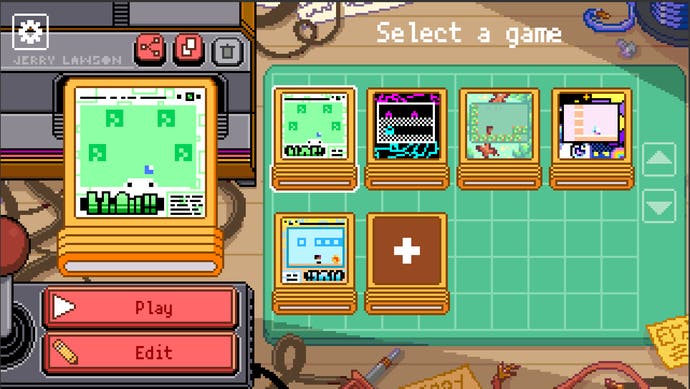Google's latest doodle lets you create your own arcade game
In celebration of Jerry Lawson's 82nd birthday.
Google has released a new interactive doodle in celebration of the life of Gerald "Jerry" Lawson, the Black video game engineer who invented the first cartridge-based home video game system.
The doodle starts off with a tutorial the gives you a brief introduction to Jerry, before letting you enter an editor which allows you to create your very own retro arcade game.
There are also five premade games to give you inspiration, and you use them as a template to edit from (or you can just play them if you're not feeling creative).
The doodle also encourages you to learn more about Lawson's life and career, which you absolutely should.
Lawson grew up in Queens, New York, where he went to a predominantly white school and found inspiration from African-American scientist George Washington Carver.
Lawson then found his love for computers while working at Federal Electric ITT and PDR Electronics in New York. He then moved to Silicon Valley in the 1970s, where like many tech visionaries, he invented the very first cartridge-based home video game system in his garage.
It would be an understatement to say that his work changed the video game industry forever.
Lawson passed away in 2011, but his work inspires future generations of video game developers to this day.
Diversity remains crucial to success of this industry, and while representation of minority ethnic groups has substantially improved from Lawson's time, there is still room for improvement.
The UK Games Industry Census of 2022, for example, reported that 90% of the workforce identify as white and 67 percent report as male. On a more positive note, 24 percent of the workforce identified with a sexuality other than heterosexual, which is significantly higher than the wider adult population.



